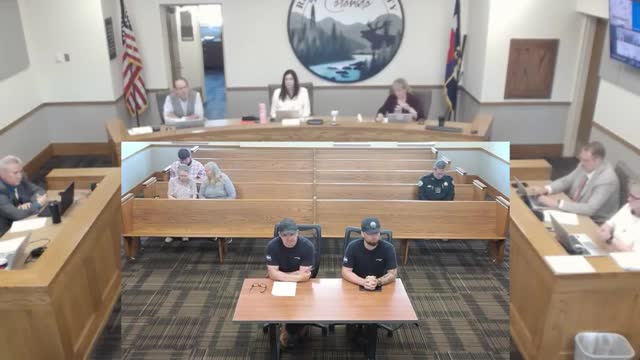Article not found
This article is no longer available. But don't worry—we've gathered other articles that discuss the same topic.
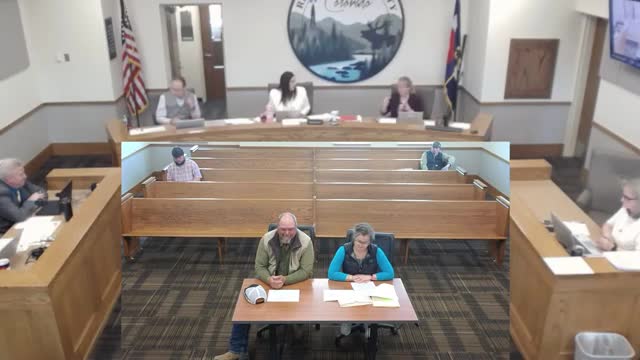
Road and bridge update: chip-seal contract awarded; commissioners press for bridge decisions tied to grant deadline

County ratifies contract to continue co-responder emergency mental-health services
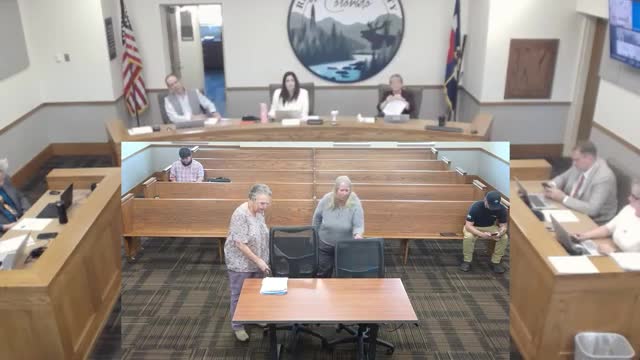
Board hears update from MCCIC on Fairfield senior housing: painting, repairs and waiting list
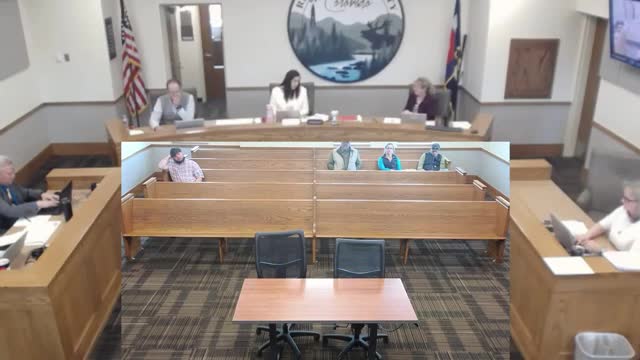
Natural Soda LLC briefs commissioners on global market, water rights and regulatory risks from proposed state primacy and emissions rules
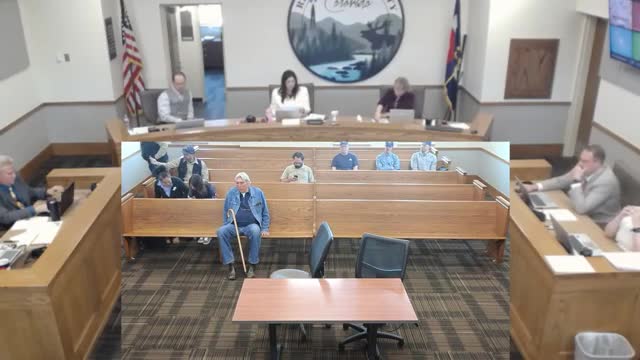
Colorado Parks & Wildlife outlines Lake Avery dam repairs, plans to drain and rebuild outlet this summer
